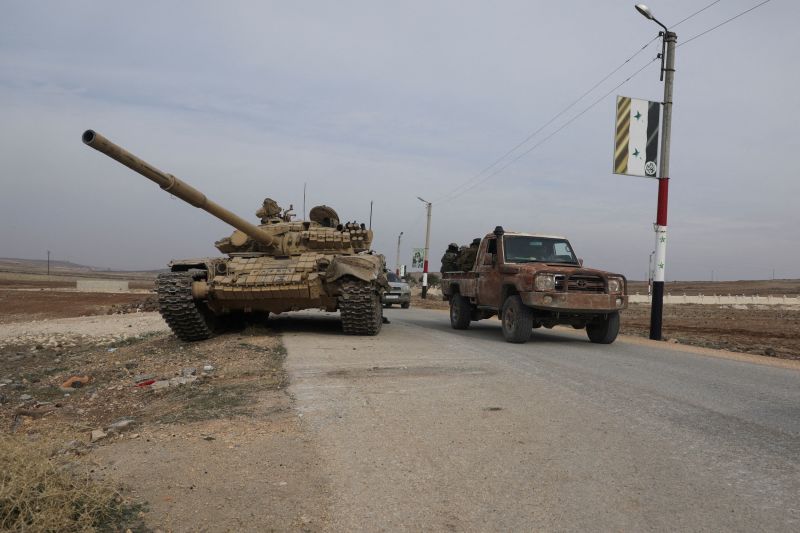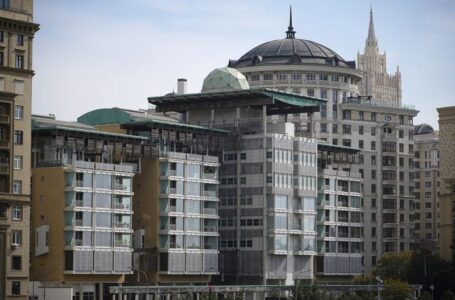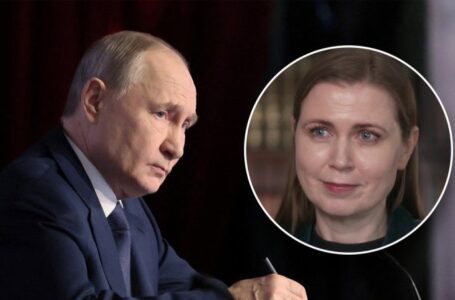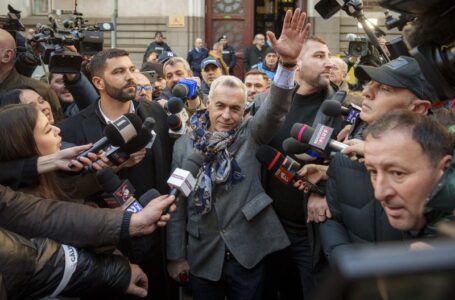Fire breaks out after tank and cargo vessel collide off UK coast
Syrian rebels appear to have entered Damascus as Assad regime’s defenses crumble


Syrian rebels appear to have entered the capital Damascus after facing scant resistance from regime forces, as President Bashar al-Assad’s decades-long grip on power seemed to wane by the minute.
Hours before, Syria’s main armed opposition group said it had “fully liberated” the major city of Homs, north of the capital. Syrians were seen tearing down and setting fire to posters of Assad after rebels had entered the city, in scenes reminiscent of pro-democracy protests in the city during the Arab Spring more than a decade ago.
Just a day ago, observers were saying Homs was of huge strategic importance to the rebels, as its capture effectively split the Assad regime in two, severing the government in Damascus from the coast. But by Sunday morning, it was not clear there was even a functioning regime left to speak of.
The rebels’ progress has been stunningly swift. After bursting out of their territory in the northwestern Idlib province, the main rebel group captured Aleppo and Hama in just over a week of fighting. After they were joined Friday by a fresh uprising in the southern Daraa province, both groups set their sights on Damascus.
“We were able to liberate four Syrian cities within 24 hours: Daraa, Quneitra, Suwayda and Homs,” said Lt. Col. Hassan Abdul Ghani, a spokesperson for the main rebel group. “Our operations are continuing to liberate the entire Damascus countryside, and our eyes are on the capital, Damascus.”
It had been expected that the regime would mount a firmer defense of Damascus, but the rebels said that senior Assad regime officials were preparing to defect to them in the capital.
Echoes of earlier protests
The scenes recall one of the most symbolic images from the Arab Spring in Syria, when pro-democracy protesters tore down Assad posters on top of the same gates in 2011.
Nearby, residents were also seen celebrating in Clock Tower square, one of the focal points of the original anti-government protests.
To stamp out those protests, the regime army launched a brutal assault on the city’s Khalidiya neighborhood in 2012, using tanks and mortars to attack civilian homes, causing some to collapse. Regime troops stormed the area, slaughtering families in their homes. Around 200 people are thought to have died in the massacre.
In a video live-streamed from Clock Tower square by a resident late Saturday, a resident threw a framed portrait of Assad on the ground, shattering its glass. Over the course of 10 minutes, Syrians filled the square, chanting in celebration at the growing apparent collapse of the Assad regime.











